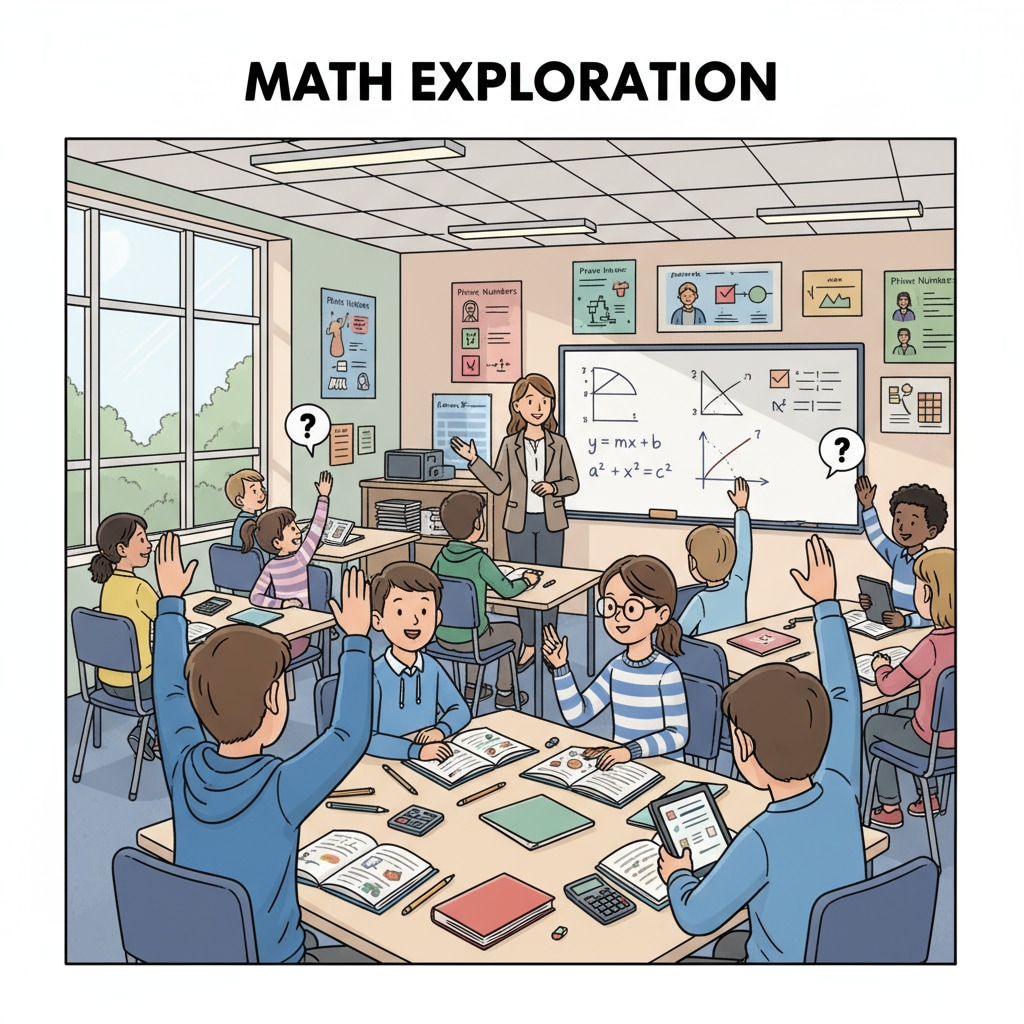In K12 education, the relationship between student questioning, teacher attitudes, and math courses is a fascinating area of study. Student questions are not only a sign of engagement but also a crucial part of the learning process, especially in complex subjects like math. However, how teachers respond to these questions can significantly influence students’ learning experience.

The Significance of Student Questioning in Math Courses
Asking questions in math courses is a vital aspect of students’ learning. It shows that they are actively thinking about the concepts, trying to make sense of the often intricate mathematical problems. For example, when a student asks a question about a particular formula in algebra, it indicates that they are grappling with the application or understanding of that concept. According to Education.com, students who ask questions are more likely to develop a deeper understanding of the subject matter. This is because the process of formulating and asking questions forces them to analyze and reflect on what they have learned.

Teacher Attitudes and Their Impact
Teacher attitudes play a pivotal role in how students perceive their questions. A positive and encouraging attitude can boost students’ confidence and motivate them to keep asking questions. Conversely, a negative or dismissive attitude can create a barrier. Teachers who are patient and supportive, like those described in TeachThought, help students feel comfortable expressing their doubts. In math classes, if a teacher responds to a student’s question with enthusiasm and takes the time to explain thoroughly, it not only clarifies the concept but also makes the student feel valued.
On the other hand, if a teacher shows impatience or makes the student feel stupid for asking a “simple” question, it can lead to students suppressing their questions. This can have a detrimental effect on their learning, as they may not fully understand important concepts and are less likely to engage actively in class.
Readability guidance: As we can see, student questioning and teacher attitudes are closely intertwined in math courses. The next step is to understand the psychological factors at play behind students’ reluctance to ask questions.


